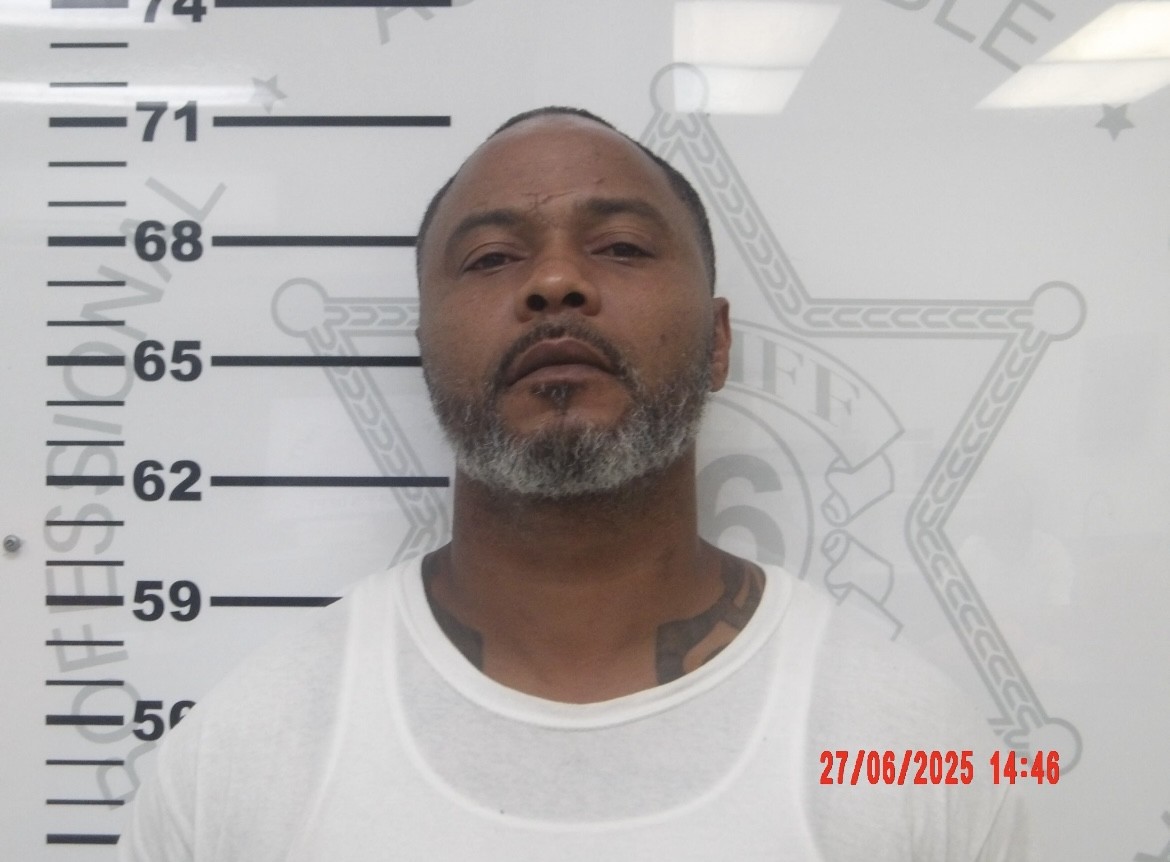With Dissent: Thomas granted tenure
Published 9:01 am Tuesday, May 21, 2019
James Thomas, the University of Mississippi associate professor who became the subject of national scrutiny following an October 2018 tweet, was granted tenure by the IHL board last week – with dissent.
“With dissent” is important to note for Thomas; his recently changed email signature even includes it, following his title. It’s a nod toward the “dangerous” precedent Thomas believes was set by the IHL last Thursday, when the committee singled his name out from a list of 76 tenure approvals and spent at least part of a two-hour closed session discussing him.
“Tenure should be based on whether I have met the professional standards of my discipline – teaching, research and service. I met those standards,” Thomas said. “My tenure was earned. The University ultimately honored its process. The IHL didn’t. And in not honoring its process, the IHL has set a dangerous precedent that cannot be allowed going forward.”
Higher Education Commissioner Al Rankins told AP that most committee members voted in favor of the professor, and denying Thomas tenure could have threatened “the accreditation of our campuses.”
Thomas first drew national attention when Joe Scarborough, host of MSNBC’s Morning Joe, took to Twitter to encourage Americans to vote instead of confronting their elected officials in public places.
To put the sociopolitical climate into context, Thomas recalled that he sent the tweet in the midst of the confirmation hearings for Supreme Court Justice Brett Kavanaugh and the expansion of a Texas migrant detention camp from 500 beds to 2,000.
“Around this time cable news was showing multiple instances of people confronting their elected officials in public places,” Thomas said. “I responded (to Scarborough’s tweet) that people should absolutely confront their elected officials in public, especially when those officials are enabling injustice.”
The actual text of the tweet read in a way that many deemed combative.
“Don’t just interrupt a Senator’s meal, y’all. Put your whole [expletive] fingers in their salads. Take their apps and distribute them to the other diners,” the tweet read. “Bring boxes and take their food home with you on the way out. They don’t deserve your civility.”
The “salad tweet,” as it became known, drew ire from hosts on cable news networks, Oxford residents and others, some of whom called for Thomas to lose his job at the University altogether. Gov. Phil Bryant weighed in, calling the tweet “troubling and disappointing.”
However, Thomas’s record off Twitter tells a different story. When he’s not teaching sociology or researching, Thomas can often be found spending time with his family and working to end the affordable housing crisis in the LOU Community. He regularly attends meetings with local elected officials on housing insecurity and has spoken at multiple community roundtables on the subject.
Thomas said he views his professional role as a platform to speak out about issues many Americans face.
“I have a few research projects that are ongoing, including my work here in Lafayette County on housing insecurity, and two book projects, one of which is nearly done,” he said. “And I will continue to use my platform – a white, male professor at a flagship university – to call attention toward systemic racism, economic inequality and other injustices.”
One thing he won’t do, however, is regret the tweet. The matter of tweeter’s remorse is something he said he’s yet to experience in this case.
However, Thomas said, he wonders if his critics pay as much attention to the issues he’s highlighting as they do the controversy.
“I do not regret what I tweeted,” he said. “But given how many times I’ve provided the context behind my tweet – appointing a man with multiple allegations of sexual assault to the Supreme Court without investigating the allegations, concentration camps for migrants, including migrant children – I wonder a lot whether people so interested in how I answer this question are equally interested in the context itself.”






